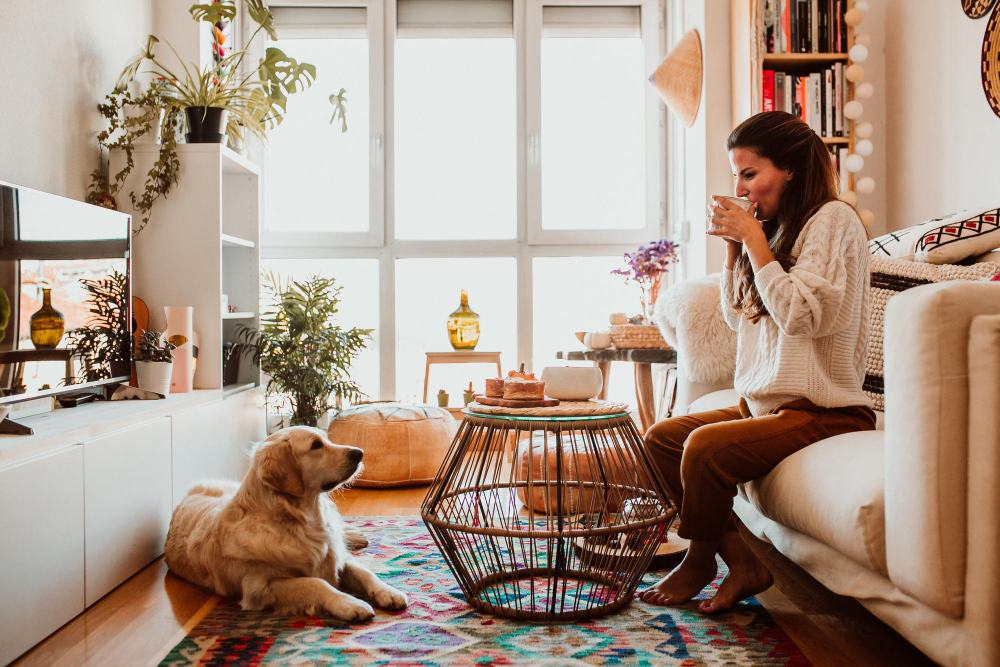

Bringing a pet into your life is a huge decision, and it gets even more complex when you live in an apartment. Adding a furry, feathered, or scaled friend to your home can bring immense joy, but it also comes with a unique set of responsibilities, especially in a smaller living space. You need to consider everything from your building's rules to your pet's specific needs to ensure a happy home for everyone.
If you’re thinking about adopting a pet for your apartment, it's important to be prepared. This guide will walk you through the key factors to consider before you bring a new companion home. We'll cover how to choose the right pet for apartment living, understand pet policies and fees, and create a comfortable environment for your new family member.
Not all pets are suited for apartment life. The ideal apartment pet is one that can thrive in a smaller space and won't disturb your neighbors. While many people immediately think of small dogs or cats, there are plenty of other options.
If you have your heart set on a dog, size isn't the only thing that matters. A dog's energy level and temperament are often more important. Many large breeds, like Greyhounds or Great Danes, are surprisingly well-suited for apartments because they are low-energy "couch potatoes." On the other hand, some small, high-energy breeds like Jack Russell Terriers may struggle without a yard to run in.
Consider these breeds known for adapting well to apartment living:
Regardless of the breed, all dogs require regular exercise. Living in Jacksonville, FL, gives you access to numerous parks and dog-friendly trails, making it easier to keep your canine companion active and happy.
Cats are often considered perfect apartment pets. They are independent, clean, and don't need to be taken outside for walks. Most cats are content with indoor life, as long as they have plenty of stimulation. Provide them with scratching posts, toys, and a window perch to watch the world go by, and they'll be perfectly happy in your apartment.
If a dog or cat isn't the right fit, don't worry! There are many other animals that thrive in apartments.
Before you even start looking for a pet, the first step is to thoroughly review your lease agreement. Most apartments have specific rules regarding pets, and violating them can lead to serious consequences, including fines or even eviction.
If the policy seems unclear, don't hesitate to speak directly with your property manager. It’s better to have a clear understanding upfront than to face issues later.
Once you've chosen a pet and confirmed your building's policies, it's time to get your home ready. Creating a safe and comfortable space is crucial for helping your new companion settle in.
Just like you would for a small child, you need to "pet-proof" your apartment.
Carve out a specific area in your apartment that belongs to your pet. This should include their bed, food and water bowls, and toys. For cats, this is also the ideal spot for their litter box. Having a dedicated space helps your pet feel secure and keeps their essentials organized.
Living with a pet in an apartment building means being considerate of your neighbors. A happy pet and happy neighbors make for a peaceful living experience.
Choosing to bring a pet into your apartment is a rewarding journey that requires careful planning and commitment. By selecting the right pet for your lifestyle, understanding your building's rules, and creating a safe home, you can build a wonderful life with your new companion.
If you’re searching for pet-friendly apartments in Jacksonville, FL, look no further than Lofts at Wildlight. We understand that pets are family and offer a welcoming community for you and your furry friends. Contact us today to learn more about our pet policies and schedule a personal tour.